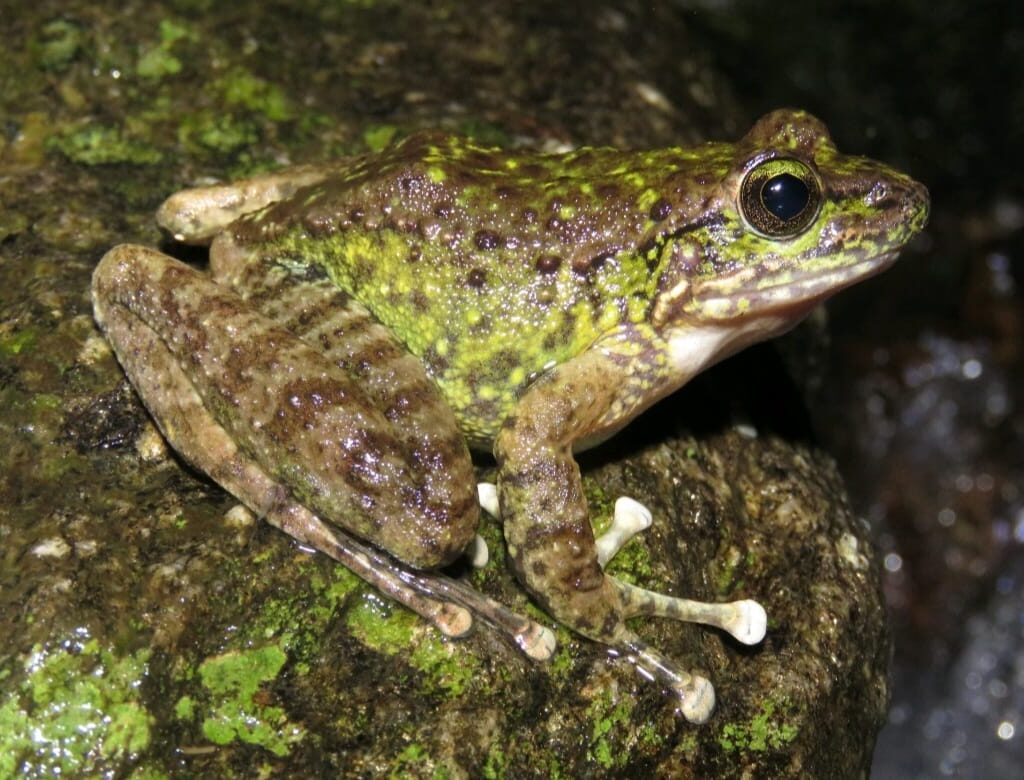The frogs of Nepal’s Himalayan region are under significant pressure from climate change, habitat loss and because they are hunted and eaten by local people. In addition, the historical focus of conservation efforts in Nepal has been on large iconic mammalian species such as tiger, rhinoceros and elephant. A clear conservation focus is required for Nepal’s frogs, particularly in the mountain areas, where the effects of climate change are most extreme. This clear focus is prevented by a lack of understanding of the kinds of frogs present in the area, their relationships to one another and their relationships to groups outside of Nepal. It is likely that there are several species of frogs present in this region which have not yet been recognized. Without knowing which species are present, or how they are related to other groups, it is difficult to establish meaningful conservation approaches for species.

The overarching goals of this project to understand and establish knowledge gaps on Himalayan frog species of Nepal. This project will use integrative approaches such genetics, morphomtrics and bio-acoustics to identify different species, to establish a clear understanding of the relationships among a particular group of frogs present across Nepal’s Himalayan region. We will also explore hunting pressures on frog species.


